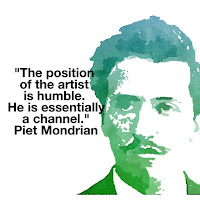"I don't believe in psychology. I believe in good moves." ~ Bobby Fischer Eccentric, but definitely someone with good moves, American chess master Robert James Fischer (1943-2008) was born on this day in Chicago, Illinois. Raised in Brooklyn, he learned chess at six, then became the youngest ranking grand master at the mere age of 15, the youngest to achieve that title. "Chess was my obsession," he said. In 1972, Fischer was the first American to win the World Chess Championship, beating the then-Soviet Union champion, Boris Spassky. In a historic event that lasted two months, Fischer lost the first game, protested the presence of television cameras, and forfeited the second game. In the next four games, with confidence, astonishing moves, aggressive tactics, and brilliant combinations, he beat Spassky. At one point, Soviet security dismantled Fischer's chair to look for information-feeding electronic devices. Fischer's victory, a celeb...














